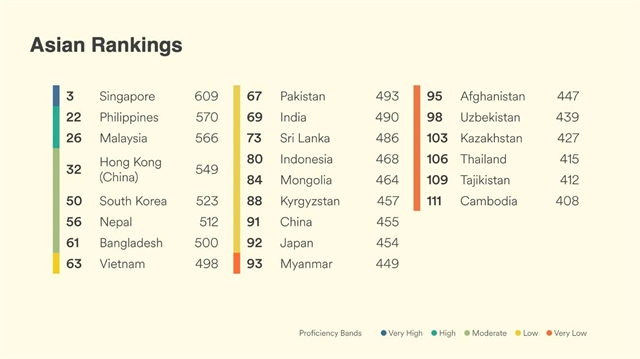 Life & Style
Life & Style

Stephen Hawking, who has died aged 76, was Britain's most famous modern day scientist, a genius who dedicated his life to unlocking the secrets of the Universe.
 |
| British cosmologist Stephen Hawking attends a press conference in London on July 20, 2015. — AFP Photo |
LONDON — Stephen Hawking, who has died aged 76, was Britain’s most famous modern day scientist, a genius who dedicated his life to unlocking the secrets of the Universe.
Born on January 8, 1942 - 300 years to the day after the death of the father of modern science, Galileo Galilei - he believed science was his destiny.
But fate also dealt Hawking a cruel hand.
Most of his life was spent in a wheelchair crippled by amyotrophic lateral sclerosis (ALS), a form of motor neurone disease that attacks the nerves controlling voluntary movement.
Remarkably, Hawking defied predictions he would only live for a few years, overcoming its debilitating effects on his mobility and speech that left him paralysed and able to communicate only via a computer speech synthesiser.
"I am quite often asked: how do you feel about having ALS?" he once wrote. "The answer is, not a lot.
"I try to lead as normal a life as possible, and not think about my condition, or regret the things it prevents me from doing, which are not that many."
Stephen William Hawking, though, was far from normal.
Inside the shell of his increasingly useless body was a razor-sharp mind, fascinated by the nature of the Universe, how it was formed and how it might end.
"My goal is simple," he once said. "It is complete understanding of the universe, why it is as it is and why it exists at all."
Much of that work centred on bringing together relativity - the nature of space and time - and quantum theory - how the smallest particles in the Universe behave -- to explain the creation of the Universe and how it is governed.
In 1974, he became one of the youngest fellows of Britain’s most prestigious scientific body, the Royal Society, at the age of 32.
In 1979 he was appointed Lucasian Professor of Mathematics at Cambridge University, where he had moved from Oxford University to study theoretical astronomy and cosmology.
A previous holder of the prestigious post was the 17th-century British scientist Isaac Newton.
Hawking eventually put Newton’s gravitational theories to the test in 2007 when, aged 65, he went on a weightless flight in the United States as a prelude to a hoped-for sub-orbital spaceflight.
Characteristically, he did not see the trip as a mere birthday present.
Instead, he said he wanted to show that disability was no bar to achievement and to encourage interest in space, where he believed humankind’s destiny lay.
"I think the human race has no future if it doesn’t go into space," he said.
"I believe life on Earth is at an ever-increasing risk of being wiped out by a disaster such as sudden global warming, nuclear war, a genetically engineered virus or other dangers." — AFP









